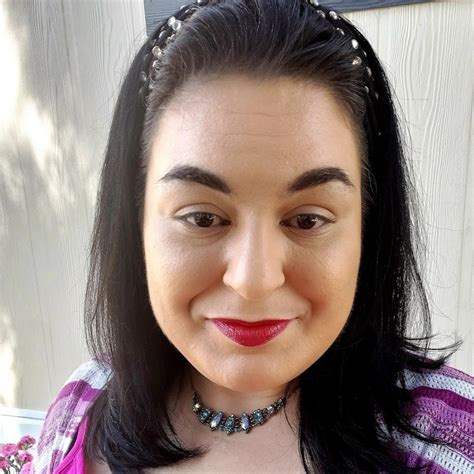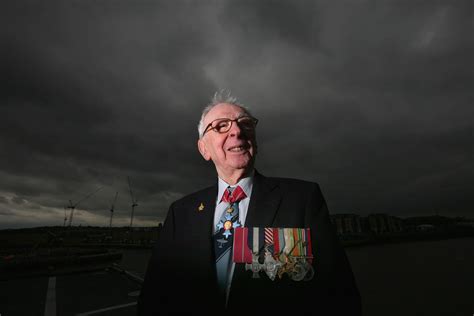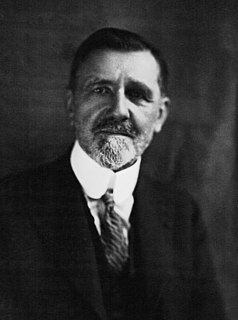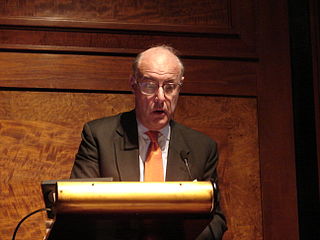A Quote by Nathaniel Philbrick
One of the questions I face when working on a book about a historical event is whether I should visit the actual place that I'm writing about. No matter how scrupulously maintained a historic house or battlefield may be, it is nothing like it was in the long-ago past.
Related Quotes
That the mere matter of a poem, for instance--its subject, its given incidents or situation; that the mere matter of a picture--the actual circumstances of an event, the actual topography of a landscape--should be nothing without the form, the spirit of the handling, that this form, this mode of handling, should become an end in itself, should penetrate every part of the matter;Mthis is what all art constantly strives after, and achieves in different degrees.
Surely the memory of an event cannot pass for the event itself. Nor can the anticipation. There is something exceptional, unique, about the present event, which the previous, or the coming do not have. There is livingness about it, an actuality; it stands out as if illumined. There is the "stamp of reality" on the actual, which the past and future do not have.
We never ask candidates to demonstrate their skill. We ask lots of questions about past experience, but simply looking at the results of their decisions does not let us understand the process that they used to make the choice in the first place. A good analogy is sports. If you wanted to know how well a person plays basketball, for example, you could look at statistics like shooting percentage or blocked shots. But, this is just an historical account of how well the individual played in the past - the numbers do not tell us much about how that individual plays basketball now.
Whenever I talk to people who founded a company, I often like to ask the prehistory questions 'When did you meet? How long have you been working before you started the company?' A bad answer is, 'We met at a networking event a week ago, and we started a company because we both want to be entrepreneurs.'
I don't think too much about the past when I am actually playing, I prefer to concentrate on the present. The performance of a piece, no matter how long ago or where it was written, is always a new production, something that comes alive in the present. And it doesn't matter if the piece was written two or three hundred years ago if it is alive in us.
My husband, William Sutcliffe, the writer, is my first reader and in many ways my most important. That initial reading of the manuscript is crucial and irreplaceable and you want them to approach it as someone in a bookshop might, not knowing much about it. So I've got into this pattern of not telling Will anything about the book I'm working on. He often knows nothing about the book I'm working on at all until I give him the whole manuscript and ask him to read it. The book I'm working on at the moment he knows nothing about. No one does.
There's instinctual discomfort about using evidence of past immunity as a factor for decisions about health, work or even questions like whether it's safe to visit someone in a nursing home. But there are ways to deploy immunity information to help us understand our own health status and keep us safer from Covid, without surrendering privacy.
Like sex, poverty and power, suicide may always be with us. But like them again, the actual form is takes is essentially time-specific and culture-bound, not only in the past but in the present too. The people who took their lives, the paths which led them to that end, and the experience of dying in this way were deeply influenced by specific historical circumstances. Only by making a greater effort at historical understanding can this most secret house of death be made to yield up more of its confidences.
We still know so little about how the brain interacts with the body chemistry or, for that matter, whether we should be talking about the brain or the mind, that it would be perilous to hazard any guess about the way Abraham Lincoln's biological health may or may not have affected him. Of course, we don't have Lincoln on hand to ask him directly; but even if we did, we still might not be able to make sense of how all the parts worked together.
The great philosophers of the 17th and 18th centuries did not think that epistemological questions floated free of questions about how the mind works. Those philosophers took a stand on all sorts of questions which nowadays we would classify as questions of psychology, and their views about psychological questions shaped their views about epistemology, as well they should have.



































